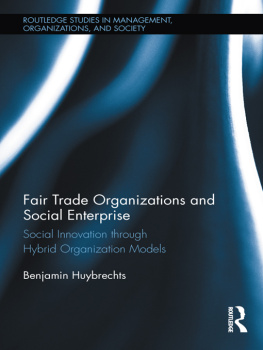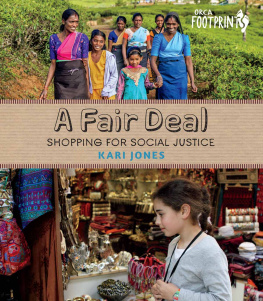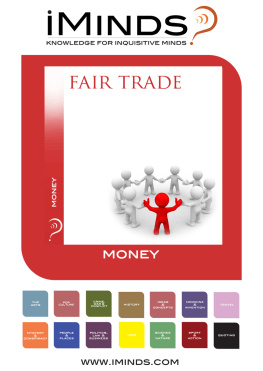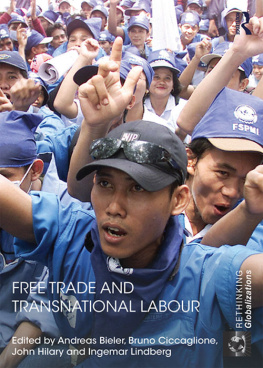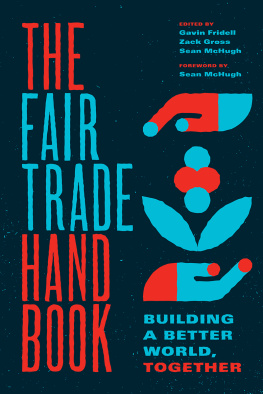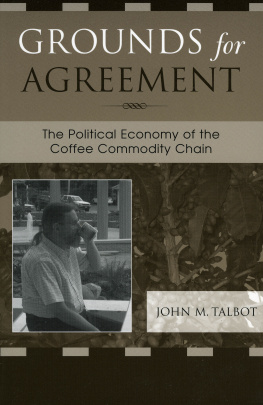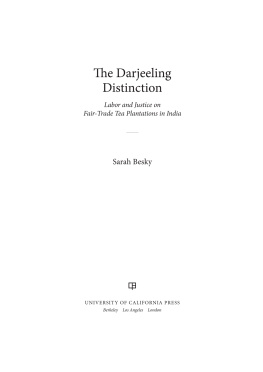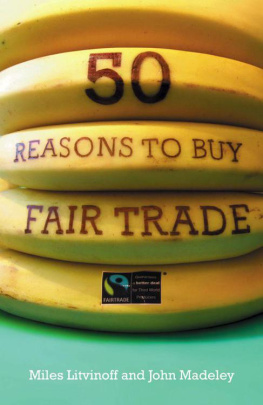
Publishers have created lists of short books that discuss the questions that your average [electoral] candidate will only ever touch if armed with a slogan and a soundbite. Together [such books] hint at a resurgence of the grand educational tradition Closest to the hot headline issues are The No-Nonsense Guides. These target those topics that a large army of voters care about, but that politicos evade. Arguments, figures and documents combine to prove that good journalism is far too important to be left to (most) journalists.
Boyd Tonkin,
The Independent,
London
About the author
Sally Blundell is a freelance journalist and editor living in Christchurch, New Zealand/Aotearoa. She writes for a number of magazines in New Zealand and, in 2007, edited Look This Way: New Zealand writers on New Zealand artists (AUP), which was shortlisted for the Montana New Zealand Book Awards. She has also undertaken research and publication work for the NZ fair trade organization Trade Aid. In 2011, she was one of a group hosted by Tara Projects in Delhi, India. In 2013, she wrote a history of Trade Aid to coincide with the organizations 40th anniversary.
Acknowledgements
Many thanks to Chris Brazier and the staff of New Internationalist for their patient and informed editing and commissioning. Thanks too to the staff of Trade Aid, New Zealand/Aotearoa, for their unceasing support and feedback, and to those managers and co-ordinators of fair trade organizations across the globe who never fail to translate the experiences of their diverse memberships for a remote readership.
About the New Internationalist
New Internationalist is an independent, not-for-profit publishing co-operative that reports on issues of global justice. We publish informative current affairs and popular reference titles, complemented by multicultural recipe books, photography and fiction from the Global South, as well as calendars, diaries and cards all with a global justice world view.
If you like this No-Nonsense Guide you will also enjoy the New Internationalist magazine. The magazine is packed full of high-quality writing and in-depth analysis, including:
- The Big Story: understanding the key global issues
- The Facts: accessible infographics
- Agenda: cutting-edge reports
- Country profile: essential insights and star ratings
- Argument: heated debate between experts
- Mixed Media: the best of global culture.
To find out more about the New Internationalist, visit our website at newint.org

The No-Nonsense Guide to Fair Trade
Published in the UK in 2013 by New Internationalist Publications Ltd
55 Rectory Road
Oxford OX4 1BW, UK
newint.org
Sally Blundell
The right of Sally Blundell to be identified as the author of this work has been asserted in accordance with the Copyright, Designs and Patents Act 1998.
All rights reserved. No part of this book may be reproduced, stored in a retrieval system or transmitted, in any form or by any means, electronic, electrostatic, magnetic tape, mechanical, photocopying, recording or otherwise, without prior permission in writing of the Publisher.
Cover image: Ton Koene
Series editor: Chris Brazier
Design by New Internationalist Publications Ltd.

British Library Cataloguing-in-Publication Data.
A catalogue record for this book is available from the British Library.
Library of Congress Cataloguing-in-Publication Data.
A catalogue for this book is available from the Library of Congress.
ISBN 978-1-78026-134-8
I WRITE this foreword from the spice gardens of northern Karnataka, India, a region renowned as the Pepper Queen. It is in the region of the Western Ghats, from Karnataka to Kerala, where the spices pepper, cardamom, clove, nutmeg and mace grow alongside areca nut, coconut, banana, fruits and vegetables.
As Sally Blundell reminds us, it was the spices of India that Columbus was looking for when he landed in the Americas. We now have the narrative that Columbus discovered America, instead of the more accurate narrative that he landed in the wrong place.
We also have the associated narrative that trade based on colonization, exploitation and slavery is free trade. The British East India Company signed a free trade agreement in 1711 with the Mughal emperor, Faruksheer, which created unfair terms of trade and allowed the East India Company not just to take over our trade in silks and spices but also to become rulers of India.
The first freedom movement of 1857 got rid of the East India Company and the British Crown took over. Our second freedom movement told the British to quit India in 1942, and by 1947 we were politically independent. As former colonies became independent, they tried to correct the distortions in trade that colonization had introduced. Hence we see in Sallys guide that the share of farmers and producers kept increasing up to the 1970s when the new East India companies started to undermine the gains producers had made. They organized to push new free trade rules for themselves, and achieved it through the General Agreement in Trade and Tariffs (GATT) which led to the formation of the World Trade Organization.
For the last three decades I have been engaged with
movements resisting the unfair trade rules of GATT/ WTO which allow Monsanto to monopolize seed, five grain traders to monopolize trade, five processors to appropriate the value from producers, leaving farmers with not enough even to cover the cost of production and the cost of living. We stopped the WTO ministerial conferences in Seattle and Cancun. For Cancun, we prepared a report on the incomes lost by Indian farmers because of unfair free trade. In our assessment, Indian producers were losing $25 billion annually because of falling prices.
And in the spice gardens where I am visiting farmers, dumping linked to free trade has dropped the price of the areca nut from 150 rupees to just 35 rupees. When zero-duty imports of soy oil were imposed on India through a WTO dispute, the price of one coconut fell from 10 rupees to 2 rupees, forcing farmers in Kerala, the land of the coconut, to chop down their coconut trees.
The false cheap that is becoming the dominant measure of trade is created by the destruction of nature, of local economies, of farmers livelihoods and freedom of people. Cheap hides the externalities of injustice and exploitation, of non-sustainability and the violation of human rights.
This is why we need authentically fair trade, not the pseudo-Fairtrade that mimics the exploitative tendencies of unfair trade.
At Navdanya, the movement of seed savers and organic farmers in India, we define fairness as fairness to the Earth, fairness to producers (including producers in importing countries to avoid dumping) and fairness to consumers.
We have to change the rules of free trade which define freedom for corporations and hide the new slavery of people. How can trade be free if it allows Monsanto to write the rules of intellectual property to monopolize the seed and rob farmers of their freedom
to save and exchange seed? How can trade be free if it allows Cargill to write the rules of agriculture, destroying the livelihoods and lives of farmers, replacing our rich biodiversity and cultural diversity with a handful of cheap commodities?
Next page

